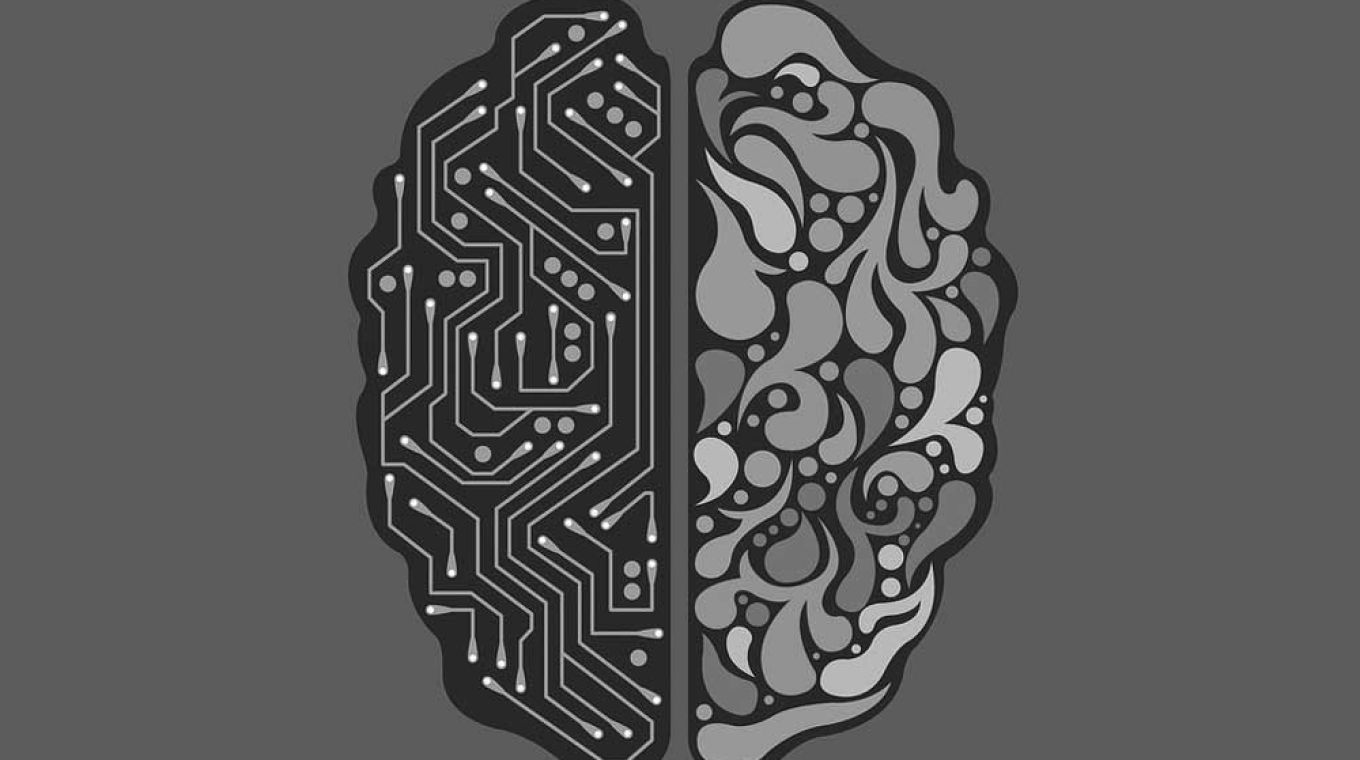This is a time that those under 20 cannot know!
The bursting of the internet speculative bubble in 2001 on the stock markets originated from the frenzied enthusiasm for new technologies in the late 1990s.
The newly arrived internet represented a disruptive technology poised to transform communication and commerce. Excessive investment and intense speculation in unprofitable companies, or even those without a business model, created this speculative bubble.
In 2001, the bursting of the bubble led to a sharp drop in stock prices and a cascade of start-up bankruptcies. The market had to recover, which had repercussions on the entire economy, even though the long-term technological transformation proved beneficial.
Today, history could repeat itself with AI. Many observers detect a similar risk, with a gap between very high costs and potential revenues. Many AI start-ups are still unprofitable and under economic pressure, which could lead to bankruptcies and losses for investors.
Ursula Von der Leyen, always quick to undemocratically commit European citizens, announced at the AI Summit in Paris that the EU would mobilize 200 billion euros for AI. At the same time, President Emmanuel Macron unveiled a 109 billion euro investment plan to strengthen France's competitiveness in AI. In the United States, never one to be outdone in excess, the new Trump administration announced 500 billion. Behind these billions lies a magic formula: "public-private partnerships." You know the drill: public for losses, private for gains.
These announcements, to the extent that they are actually followed by concrete investments, raise questions. They seem more like geopolitical positioning through AI technology than genuine economic development rooted in solid and well-thought-out business models. This comes at a time when major players such as Europe, the US, China, and other Global South powers are clashing like never before over major economic, geopolitical, and defense issues.
If AI business models seem fragile, other parameters also raise questions, such as the capacity of IT infrastructure and hardware, the capacity of data centers, data security within AI ecosystems, and copyright issues.
So much money announced and spent while states, citizens, and businesses are recording unprecedented levels of debt, and many analysts fear a financial crisis whose scale and timing remain speculative.
What irresponsibility on the part of states to embark on such investments!
And what cynicism on the part of our leaders, in pursuit of technological sovereignty, to impose austerity programs on their populations, particularly in social spending, while spending lavishly on what could turn out to be a mirage!
Before writing this article, I obviously consulted ChatGPT. I’ll spare you its "neither here nor there" explanations. To the question: Are you going to cause the next financial crisis? It didn’t say no!


